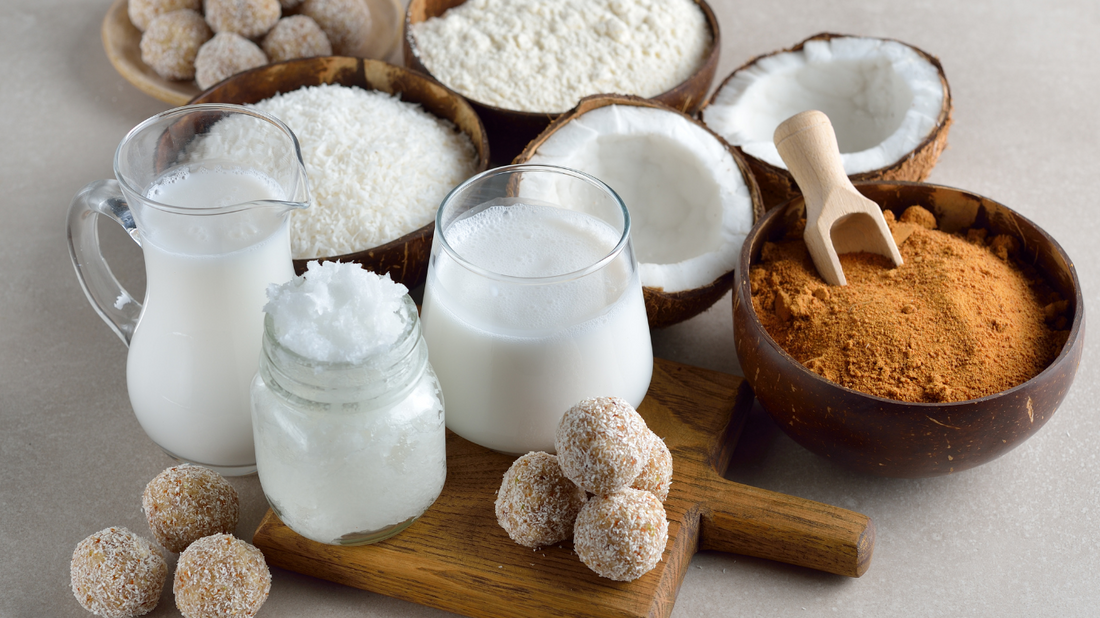
Asia
Across Asia, especially in Southeast Asia and South Asia, the coconut is used extensively in both food and daily life. In countries like Thailand, Vietnam, and the Philippines, coconut milk is a key ingredient in curries and desserts, while coconut oil and husks are used in traditional medicine and handicrafts. In India, the coconut holds deep cultural and spiritual significance. Often offered in Hindu rituals and temple ceremonies, it symbolizes purity and prosperity. Coconut oil is also a staple in Indian households, used in cooking, skincare, and hair care.
Caribbean & Latin America
In the Caribbean and parts of Latin America, coconut is more than just a cooking ingredient, it’s a lifestyle. It appears in sweet treats like Cocada in Mexico and Brazil, and it plays a role in tropical drinks and rum-based cocktails. Brazil, in particular, is one of the largest coconut producers in the world, where fresh coconut water is served on beaches and used as a natural remedy for hangovers.
Africa
Africa is another region where coconut is widely embraced. In West Africa, coconut is a core ingredient in savory dishes such as coconut rice. The shells are repurposed into charcoal or handcrafted items. On the East African coast, coconuts are an essential part of coastal cuisine and culture. Every part of the coconut tree is used, from the fruit in stews and drinks to the oil in natural beauty treatments.
Pacific Island & Indigenous Culture
In Polynesia and Hawaii, the coconut is not only a vital food source but also a sacred symbol. It is revered as a “tree of life” provided by the gods. The island communities use it for cooking, making tools, weaving, and even constructing shelters. It’s a powerful part of both daily survival and cultural storytelling
Middle East & Mediterranean
In regions like Egypt and the Arabian Peninsula, coconuts are primarily used in desserts and traditional remedies. A unique use includes blending coconut with dates to create nutrient-rich, naturally sweet treats. Although the coconut isn’t native to this region, its popularity continues to grow thanks to its health benefits.
From temples in India to beaches in Brazil, and from African stews to island rituals, the coconut proves its versatility and cultural significance across the globe. It nourishes, heals, builds, and inspires. Whether it’s for food, health, or heritage, this paradise fruit truly lives up to its name as the “tree of life,” connecting traditions, communities, and generations worldwide.


